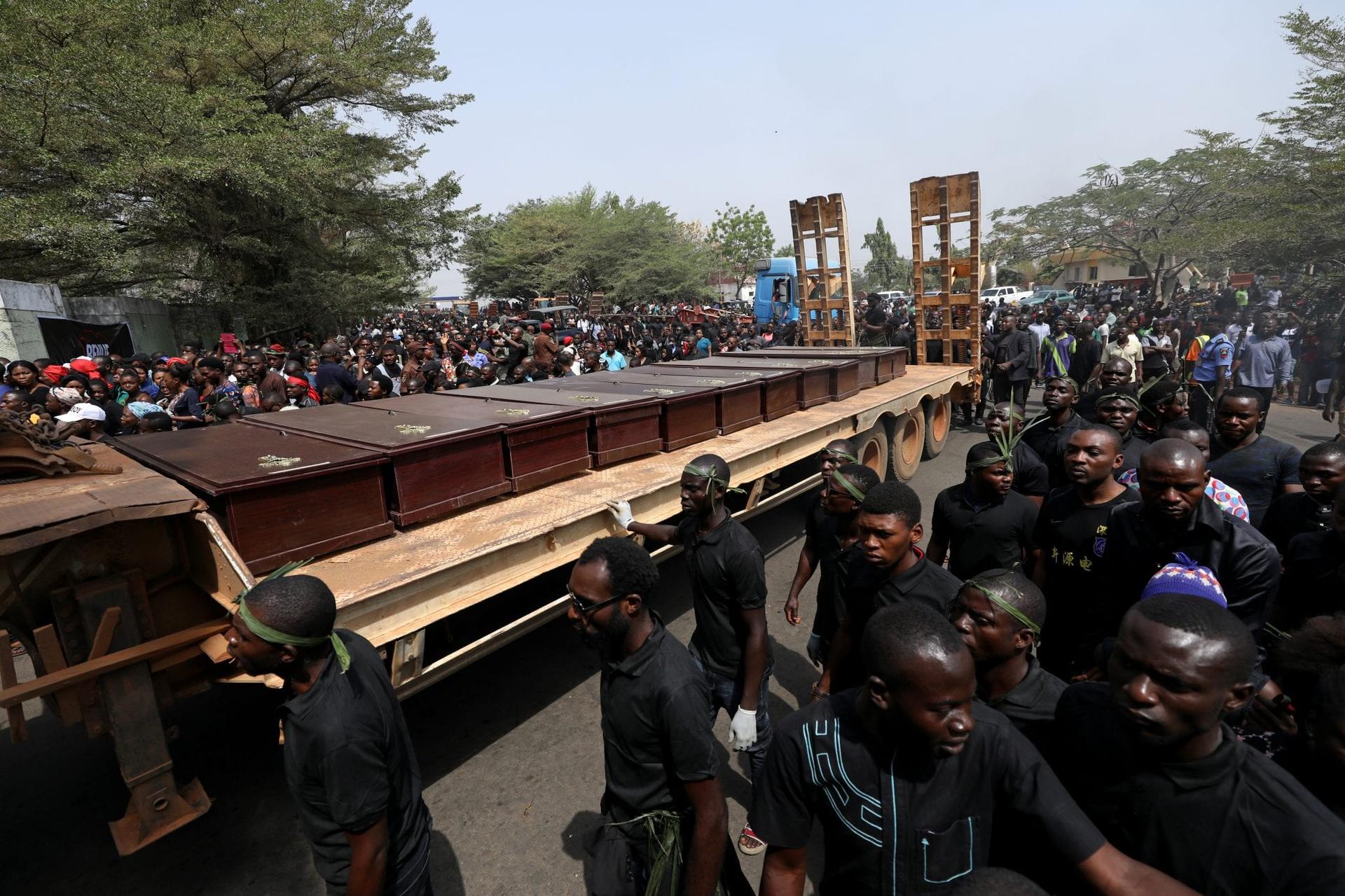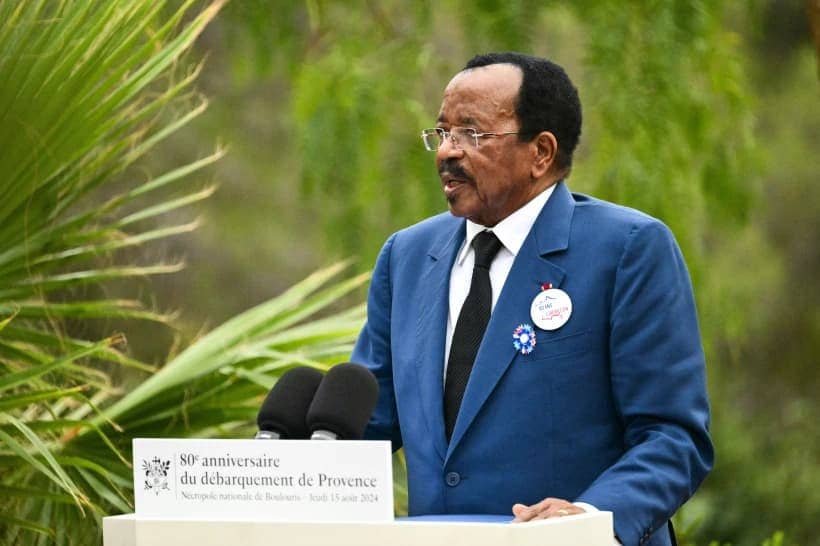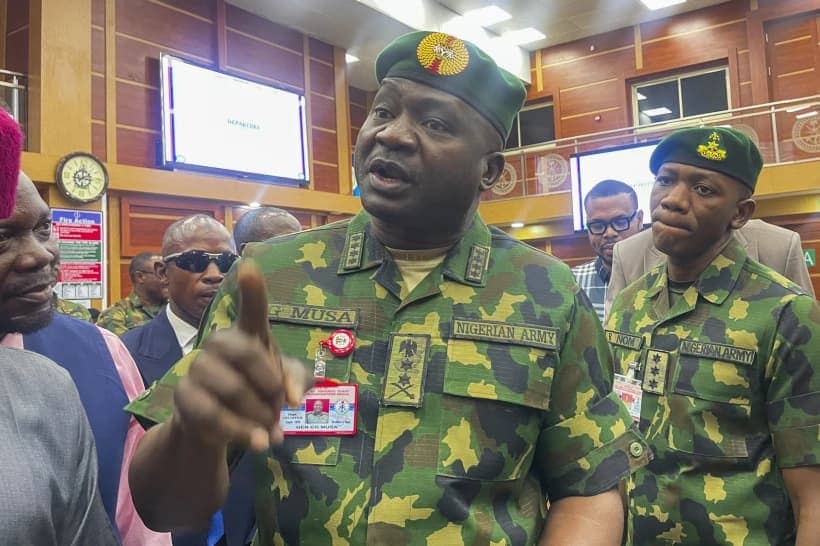ROME – An embattled Catholic diocese in southeastern Nigeria facing a mounting wave of violent attacks from Islamic militias has declared “enough is enough,” demanding that “bad” members of the largely Muslim Fulani tribe be “flushed out” of the area and that local self-protection groups be armed to provide their own security.
Bishop Callistus Onaga of Enugu released the statement Sunday in conjunction with a Mass “for peace and security” following the murder of Father Paul Offu last week, with most Catholics holding Fulani herders responsible even though a professional association largely composed of Fulani members has denied that they were involved.
RELATED: Anti-Christian carnage in Nigeria could be global security nightmare
Offu was the third Catholic priest murdered in the area over the past five months.
The statement released Sunday, which was titled “Enough is Enough,” asserted that such violence has created “a state of anarchy [and a] total breakdown of law and order.”
“The rate of kidnappings has continued to increase, both in the villages and in the cities,” it said. “The demand for outrageous ransoms, and the inability of the victims to pay, have led to outright killings.”
Conflict between herders and farmers in Nigeria over land use is nothing new, and usually takes on a sectarian division since the herders are mostly Muslim and the farmers mostly Christian. Yet since early 2018 the level of violence has intensified, and now claims more lives than the terrorist group Boko Haram.
A recent report by the Independent Crisis Group says three factors have driven the escalation: Environmental degradation, especially in northern Nigeria, which has driven more herders into other parts of the country; new laws banning grazing in some regions; and a poor government response to security threats, which has led to the formation of more and better-armed private militias.
“Our people are now afraid to embark on their normal farming activities,” Onaga’s statement said. “For fear of being raped, our women can no longer carry out their regular activities in the villages, particular their farming and other businesses.”
“It is no longer safe for our people to move freely on the roads or visit their homes in the villages,” the statement said. “The burning of houses has been perpetrated within our own territory.”
The Jubilee Campaign, which advocates for religious freedom worldwide, claims that 52 attacks by Fulani militants took place between the beginning of 2019 and mid-June. It’s requested that the International Criminal Court designate the situation a “genocide.” The Nigerian-based civil society group International Society for Civil Liberties and Rule of Law asserts that some 2,400 Christians were killed by the Fulani in 2018 alone.
Enugu, which was declared the capital city of the short-lived “Republic of Biafra” during a civil war in 1967, is largely populated by members of the Igbo tribe, one of the country’s largest and its most heavily Catholic.
Onaga, who’s led the diocese since 2009 and whose mother is the daughter of an Igbo tribal chief, made several specific demands of government leaders.
“The government should, as a matter of urgency, flush out bad Fulanis from our state,” the statement said, though Onaga did not go into details as to how that should be accomplished.
“The government should effectively equip vigilance groups to provide protection and security for their various localities,” he said. Though Onaga did not specifically mention arming those groups, that’s how the comment was interpreted by many Nigerian media outlets.
While rarely heard from clergy, calls to arm Christians to defend themselves against attacks by Islamic militants are not new in Nigeria. In 2015, for example, Protestant attorney Dalyop Salomon proposed a UN resolution authorizing Christians in the area to arm themselves, hoping that would lead to countries agreeing to supply weapons to local volunteer militias.
Onaga also called for more sophisticated surveillance efforts to detect attacks before they occur, and also asked security services to protect the identities of confidential informants who come forward with information about perpetrators.
The bishop called on community leaders to refrain from actions inimical to security, saying “any betrayal must be seriously sanctioned,” and also demanded that the government provide support for victims in the aftermath of attacks.
“The government should provide counseling and other services to victims of these bad Fulani people,” he said.
Not every Catholic bishop in Nigeria, however, is ready to blame the Fulani for the growing cycle of violence.
Bishop Matthew Kukah of the far northern diocese of Sokoto, which is heavily Islamic and one of the birthplaces of Boko Haram, gave a speech July 31 in which he called for a moratorium on “incitments to hate against Fulani herders,” especially on social media sites.
Kukah argued that when verbal attacks on a specific ethnic group escalate, it’s often a precursor to genocide, comparing the present rhetoric about the Fulani to the kinds of things said about Igbos prior to the Nigerian civil war.
Former Nigerian President Olusegun Obasanjo, an Evangelical Christian, recently wrote to current President Muhammadu Buhari, a Muslim, warning of a “Rwanda-style genocide” if the government does not adopt firmer measures to halt the violence.
With more than 200 million people, Nigeria is the most populous nation in Africa and also has the world’s largest mixed Muslim/Christian population, with each tradition claiming roughly half the country’s total.














